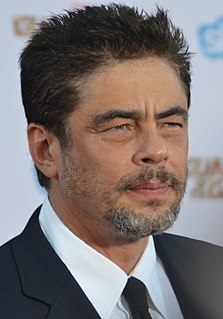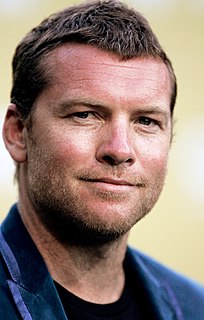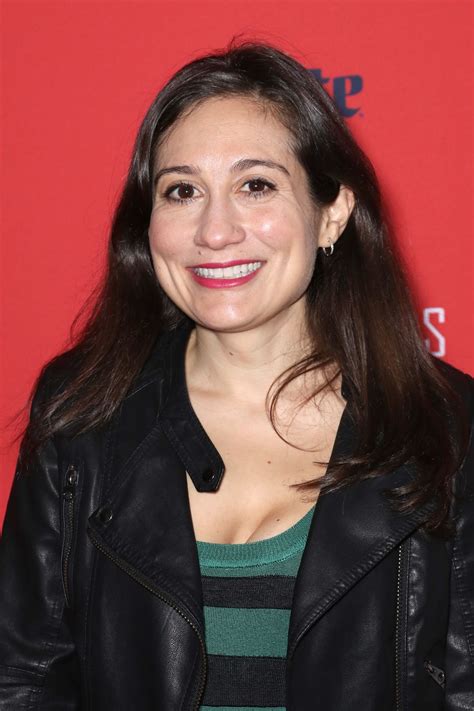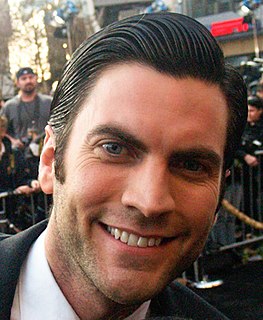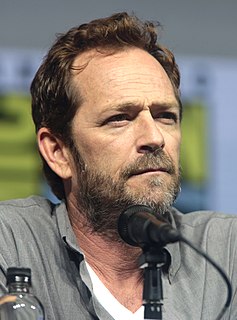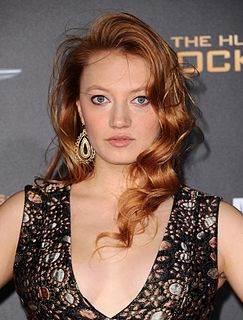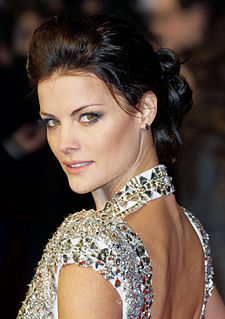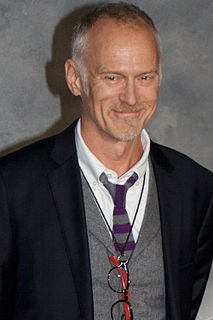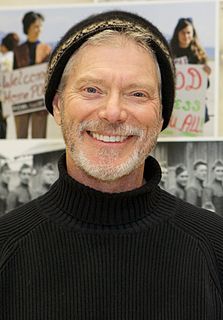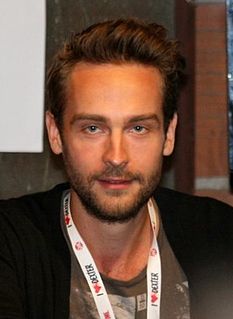A Quote by Anita Briem
When it comes to acting on green screen, it doesn't really make all that much of a difference to me because how you interact with your environment or characters is always dictated by your imagination. So when you're acting against a green screen, you have more of an opportunity to create your own world. So what was magical throughout this process was watching this movie come to life with the 3D.
Related Quotes
I think I'd rather do [acting] in the real place. It requires different things, working with green screen, but its an imaginative exercise anyway, the whole business of acting, so it just gives you a bit more to feed the imagination. Unless it's really silly, just two of you stuck in a space with nothing but green screen that's got to be pretty difficult.
A lot of actors will complain about the green screen work, but what you do get to do is what you probably should have learned, from the beginning, on stage. You have to create it in your mind and really go there to bring it. Part of the fun of acting is those challenges. You feel goofy, but sometimes that's a good feeling.
I couldn't believe it! I mean, I'd always dreamed of acting on the screen - my previous background was all theater - but I wasn't sure if the opportunity would ever present itself. Not only was this acting for the screen, this was acting in 'The Hunger Games!' I knew that I had to give this audition my all.
Green screen, you know, it's been interesting, it's my first time to ever work with green screen technology, and it's, sometimes it can be really boring because you're like wow, I've got to really imagine all of this stuff around me. But it's low maintenance, which is nice, um, and it's not as hard as I thought it would be, so.
Remarkably, there's no green screen in 'Leaves of Grass' movie. There is motion control. Technically, there were all sorts of challenges, but really the soul of it is Edward Norton talent. You write these characters when you write a movie, and all you can hope for or depend on is that your actors will elevate the material.
On some level acting is the art of pretend and you have to have a highly cultivated sense of imagination. You have to be able to see things that aren't there no matter what aspect of acting, whether it's green screen, whether it's on stage, whether it's anything else, whether you're working on the radio.
On some level, acting is the art of pretend, and you have to have a highly cultivated sense of imagination. You have to be able to see things that aren't there, no matter what aspect of acting, whether it's green screen, whether it's on stage, whether it's anything else, whether you're working on the radio.
I've always been a history buff. It was one of the few subjects at school that really, really caught me. I think you'll find a lot of actors will be interested in history because it sparks your imagination so much. When you enter a period of history, your imagination just goes wild in creating the world, which is really what acting is.


